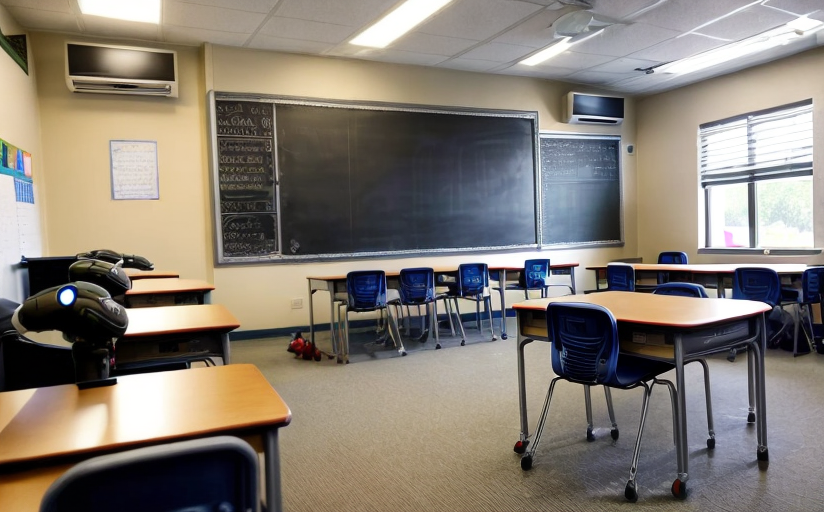The Transformative Influence of Artificial Intelligence on Modern Education Systems
Artificial intelligence (AI) is undeniably transforming the contemporary education systems. With the onset of the digital era, education and learning have been significantly enhanced by the integration of AI technologies. From personalized learning experiences to advanced data analysis, AI has brought about profound changes in the way educators teach and students learn.
Integration of AI in Various Areas of Education
AI has been incorporated into multiple areas of education, starting from content creation to enhancing student-teacher interactions. Virtual tutor systems have been developed using AI technologies, offering personalized assistance to students and reducing the workload of teachers. Furthermore, AI-based systems can efficiently track and assess the performance of students, thereby helping educators develop comprehensive teaching methodologies. AI is also being used to make content more accessible, using tools like speech-to-text translators and smart content which summarises detailed textbooks into digestible study guides.
Impacts of AI on Education: Opportunities and Challenges
AI brings about several advantages to modern teaching and learning processes. The most prominent benefit is the facilitation of personalized learning. AI can adapt to the learner's needs, providing tailored educational content based on their unique learning speed and style. AI also enables educators to rack student performance on a granular level which traditional methods struggle to provide.
Despite its numerous advantages, AI in education also presents some challenges and limitations. One of the most significant issues is the potential increase in screen time for learners, which can lead to physical and mental health issues over prolonged periods. Also, there are worries about data privacy and ethical considerations in AI usage.
The Future of AI in Education
The role of AI in education is likely to grow in the future, potentially revolutionizing traditional models of teaching and learning. AI might replace mundane tasks handled by teachers, freeing them to engage in more meaningful instruction. We might also see AI's increased usage for personalized curriculum development, giving students a more optimized and individualized learning experience.
Despite the potential drawbacks, the transformative power of AI for education cannot be ignored. Its influence is already pronounced and will likely shape the future classrooms in ways we can only begin to imagine.


















Comments
Leave a Comment